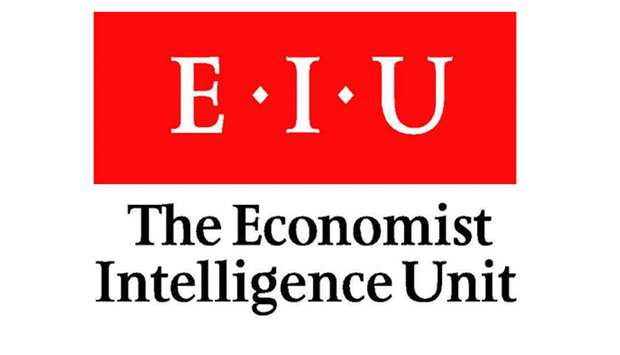Qatar's ability to fully service its debt obligations remains strong, although there will be an expected surge in the country’s fiscal financing needs, the Economist Intelligence Unit (EIU) has said in an update.
The “economic shock” from the coronavirus pandemic is expected to lead to a drop in goods export earnings and a shift to a fiscal deficit, it said.
The country’s exports are expected to decline sharply in 2020, but the riyal's peg to the dollar is backed by ample foreign reserves and the assets of the Qatar Investment Authority (QIA, the sovereign wealth fund).
“Despite the current account moving into deficit in 2020-21, the currency regime should be able to weather the short-term shocks posed by the coronavirus pandemic,” the EIU noted.
Commercial banks in the country have been increasing liquidity from abroad in the form of a number of debt issues, and cash injections from the the QIA have bolstered banks' liquidity.
The ratio of non-performing loans as a proportion of total loans has historically been low, but it is likely to rise in the short term, it said.
Qatar's overdependence on hydrocarbons exports leaves it exposed to international price movements. Efforts to promote economic diversification will be hampered by the oil price slump, the EIU report said.
“The country's large stock of public debt weighs on the outlook, but a sound financial system is supportive,” the EIU said.

